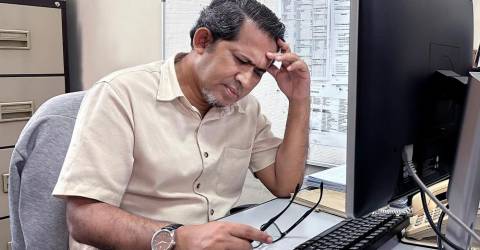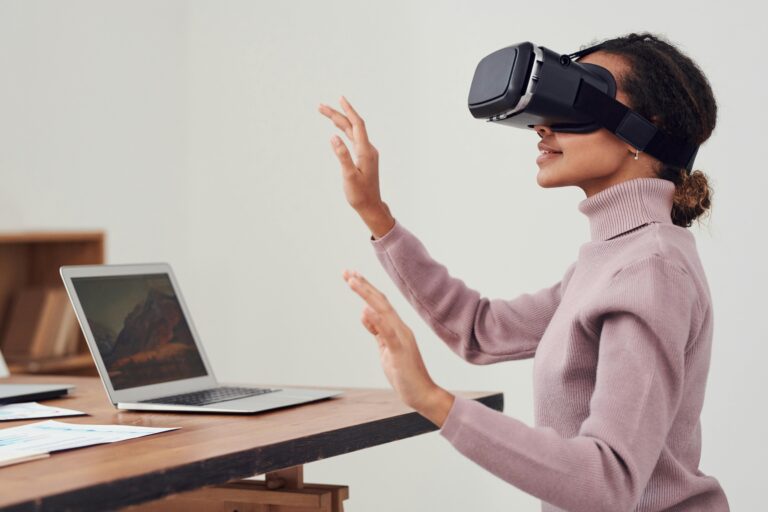Technology game-changer in mental health care
PETALING JAYA: The use of technology will soon assist in the diagnosis of mental health, said University Pendikan Sultan Idris Psychologist and Counselor Assoc Professor Dr Fauzih Mohd Saad.
She added that innovations such as artificial intelligence-driven predictive analytics would enable accurate interventions and revolutionize the provision of mental health care.
Precision medicine is starting to live up to its promise because technology allows for the customization of individual treatment regimens.
This means that therapeutic methods will closely match the genetic profiles and demands of each patient.
Fauziah said that beyond such innovations, digital mental health tools allow access to care and bridge gaps in accessibility and affordability.
She also said the tools will help reduce stigma around mental health, broaden treatment access for underserved groups and promote a comprehensive approach to mental well-being.
She said in the modern mental health landscape, advanced technological tools such as teletherapy apps and online counseling platforms are transforming the delivery of care.
Teletherapy apps bridge distance barriers and enable remote counseling sessions, while online platforms offer structured counseling environments.
Mental health tracking apps help people monitor their well-being, while real-time monitoring assists clinicians to adapt treatments and improve personalized mental health care.
Fauziah said these therapeutic tools are being integrated into clinical settings to virtually replicate traditional therapy and aid in diagnostics through digital assessments.
She added that digital interventions in mental health are meticulously tailored to cater to the multifaceted and individualized nature of such conditions.
Machine learning algorithms analyze mental health conditions through data to determine trends and details unique to each person’s profile.
This personalized approach ensures that users receive targeted interventions that resonate with their specific needs and fosters a more effective therapeutic experience.
However, Fauziah said barriers to equitable access to mental health technology include digital literacy gaps, socioeconomic differences and internet limitations.
She said to counter these, efforts should be made to emphasize education, subsidize technology expenses and support Internet infrastructure.
Clinical psychologist Dr Joel Low said digital interventions, including mobile apps and online platforms, had revolutionized the landscape for mental health services.
They offer unparalleled convenience, reduce traditional barriers and ensure that more people can access vital mental health resources.
However, legal issues such as verifying a user’s age persist, as therapy services typically mandate parental consent for those under 18.
Despite such hurdles, digital platforms have bridged geographical gaps and now benefit even those in remote areas that previously lacked access to therapists, Low said.
He also said that digital interventions have proven beneficial for the provision of mental health care, adding that integrating technology into therapy primarily enhances accessibility and streamlines logistical tasks.
While face-to-face interactions foster deep connections, the convenience and reach offered by technology are undeniable advantages in modern therapeutic practices.
He said data protection and confidentiality are the most important factors to consider when incorporating technology into mental health therapy.
Many practitioners adopt benchmarks such as the US it. Health Insurance Portability and Accountability Act of 1996 to ensure the highest level of data protection.
As technology evolves, maintaining this trust becomes even more critical and requires constant vigilance and protection to safeguard information on digital platforms.
Low, emerging research highlights the effectiveness of technology-based mental health interventions, adding that the personal nature of therapy means preferences for digital versus traditional methods vary among therapists and patients.
Recognizing this diversity emphasizes that mental health care is not one-size-fits-all despite technological advancements.
#Technology #gamechanger #mental #health #care
Image Source : thesun.my







